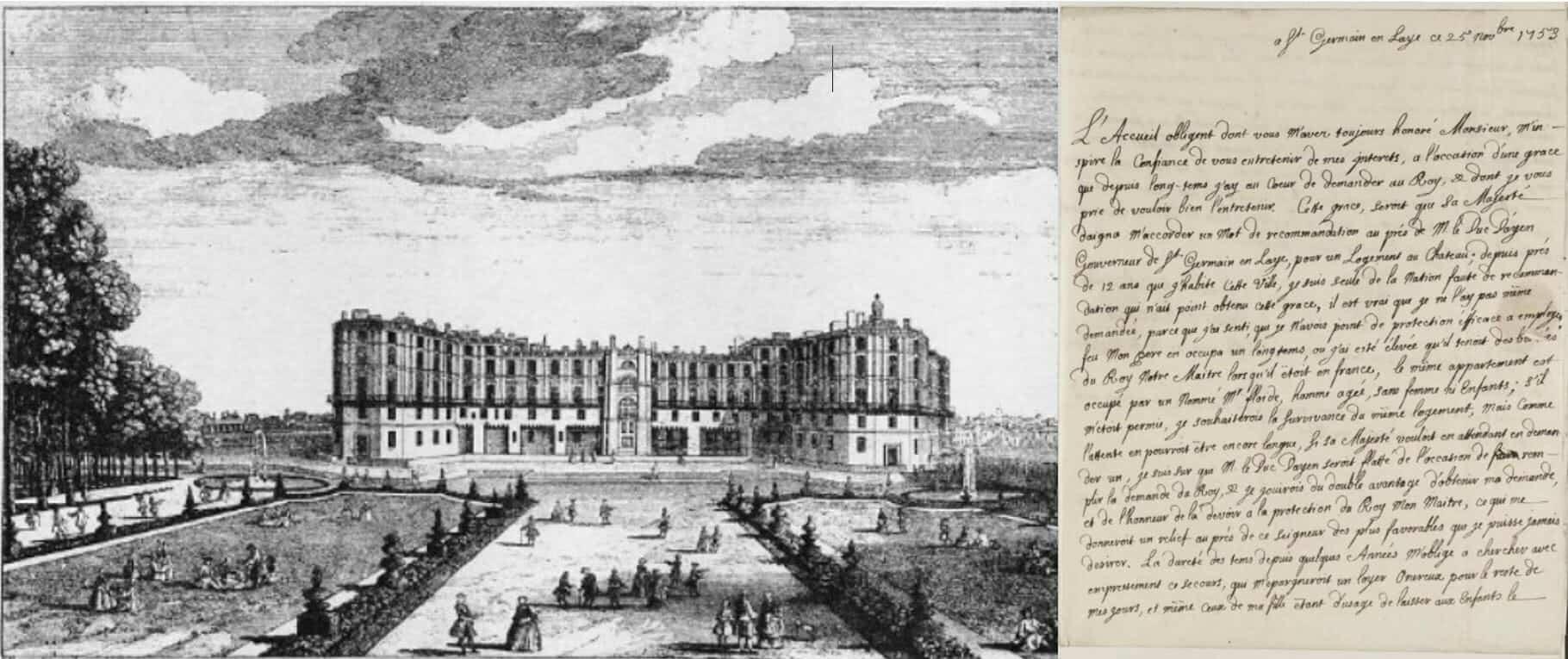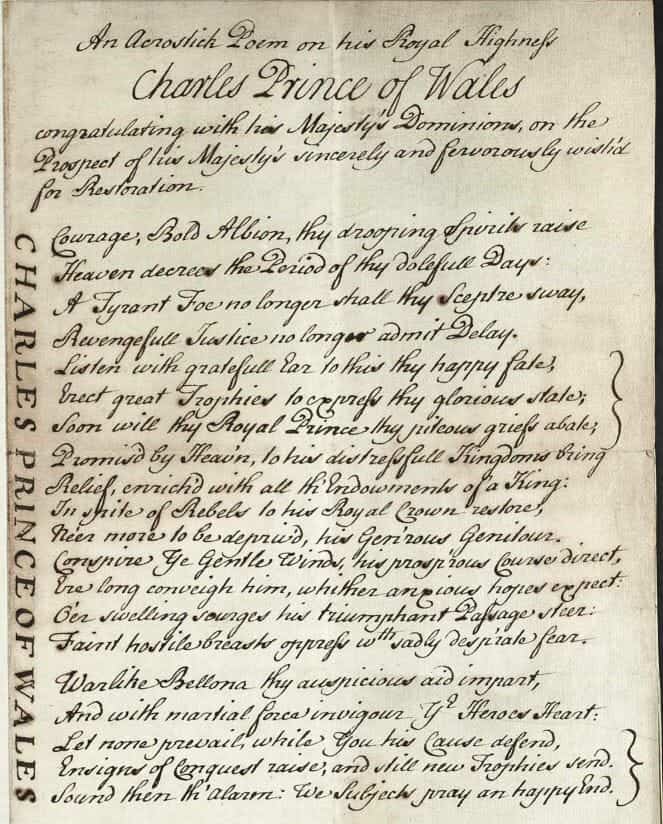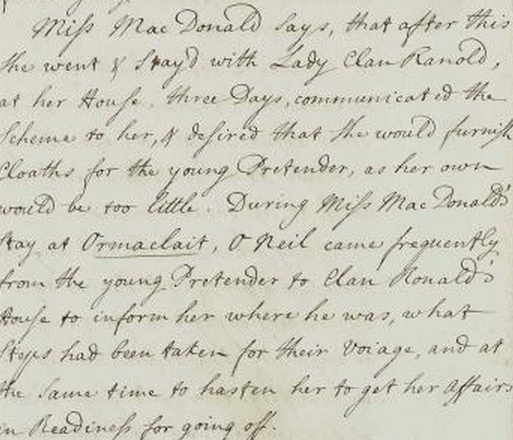│By Edward Corp, retired Professor of British History at the Université de Toulouse│
A couple of years ago I published a biography of Sir David Nairne.1 He worked in the political secretariat of the Stuart court in exile for thirty years (1689-1728), and the Stuart Papers contain a great many letters written by him or to him during that period. I read and used those letters, and also consulted a private diary that he kept during the first half of that period. Unfortunately the diary comes to an end in 1708, and there was one thing that I was never able to discover. It might seem unimportant in itself, but it is significant in the context of a biography.



